Previously, bicycles were available for hourly rental ranging from 5 to 10 taka across villages and towns in the country. Through these rental services, many individuals learned to ride bicycles for the first time. However, over time, the concept of cycle rentals gradually faded away. Subsequently, in 2018, an organization named Jobike took the initiative to reintroduce bicycle rentals to several universities in the country utilizing a mobile application. Their operations commenced at Jahangirnagar University and later expanded to the universities in Sylhet, Chittagong, and Dhaka. Jobike received an extremely positive response from the students at these universities. Unfortunately, at present, all activities of the organization are suspended. This begs the question: What factors led to the cessation of Jobike’s operations despite the enthusiastic reception from the student population?
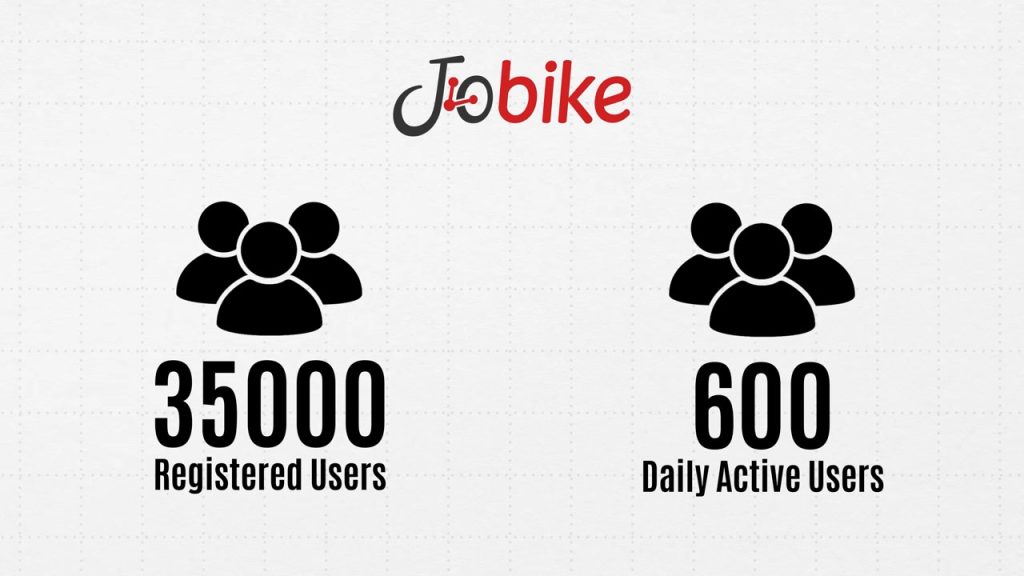
Overview
Jobike founder Mehdi Reza previously worked at the Chinese technology giant Alibaba. During his tenure in China, he was inspired by the operations of bicycle rental startups in the country and conceived launching a similar service in Bangladesh. Subsequently, he returned to Bangladesh and established the nation’s first app-based bicycle rental service startup, Jobike, in 2018. The Jobike service was initially piloted in the tourist city of Cox’s Bazar in June of that year. During the trial phase, Jobike offered this service free of charge from the Kalatali, Sugandha, and Labani areas of Cox’s Bazar. In July of the same year, Jobike commenced operations with 25 bicycles at Jahangirnagar University. By registering through the platform’s application and recharging their JoCredit account, students in the Jahangirnagar University area could rent a bicycle at any time within a 24-hour period. Additionally, each cycle was equipped with a GPS tracking system and unique digital lock system to ensure security. Users could unlock the bicycles by scanning the QR code on the bike’s digital lock screen through the JoBike app on their smartphones. Generally, public universities in the country span a large area with different departments spread out from the administrative buildings. As a result, students had to walk or take rickshaws to move between locations. However, since JoBike stations were situated at key points across the university grounds, it became very convenient for students to traverse the campus using the bicycles. Consequently, usage of this service continued to grow among the student population. After garnering positive feedback from Jahangirnagar University students, Jobike increased their bicycle fleet on campus. In December of that year, Jobike also initiated operations at Chittagong University. Owing to the favorable response at Jahangirnagar and Chittagong Universities, the JoBike service launched at Shahjalal University of Science and Technology, Sylhet in January 2019, followed by Dhaka University with 30 bicycles in October 2019. However, due to the coronavirus pandemic in 2020 and the resulting nationwide lockdown, all educational institutions in the country were forced to close indefinitely. Consequently, JoBike services at universities were also suspended.

In light of this situation, Jobike officials explored various options to sustain operations. Consequently, the company restarted operations with 100 bicycles in Gulshan and Mirpur DOHS in Dhaka. Jobike’s new approach was initially well-received, garnering approximately 35,000 registered users and 600 daily active users within five months. However, once public transportation resumed normal operations after the initial lockdown, demand for the service in Gulshan and Mirpur DOHS decreased. Nonetheless, this initiative did not gain much traction, forcing the company to eventually cease operations. Meanwhile, upon normalization of the coronavirus situation, educational institutions would reopen. But by that time, the bicycles were rendered unusable due to damaged lockers and GPS systems from prolonged lack of use. Jobike lacked the requisite funding to repair these bikes or purchase new ones. Consequently, the platform’s officials attempted to raise capital from various investors. Despite discussions with several investors, funding was ultimately not secured. As a result, in 2021, after multiple failed restart attempts, JoBike decided to terminate the service entirely. This begs the question – what factors forced a service like JoBike to cease operations?
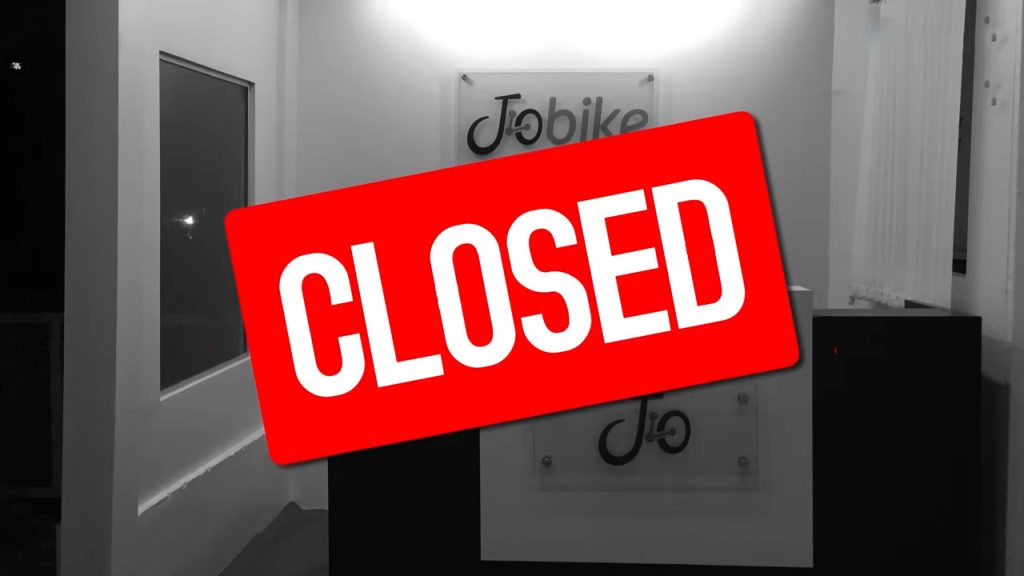
What Happened?
The proper functioning of the application is critical for app-based services. However, according to many Jo-Bike users, various software bugs prevented bicycle lock opening or bicycle booking on the app despite adequate Jo-Credit balance. Additionally, the app lacked a navigation system to locate bicycles, forcing users to manually search for bikes in many instances. Owing to such technical issues, Jo-Bike’s service delivery was inconvenient.
Jobike utilized a Pay-As-You-Go model, charging BDT 3 for the first five minutes and BDT 1 per minute thereafter. While affordable for most users including students, this model was not economically viable for the company. An analysis of the operational expenses of ride-sharing platforms like Uber or Pathao reveals software development, maintenance and promotional activities comprise a majority of costs. In contrast, a significant share of spending for bicycle rental companies involves bicycle procurement. Apart from bicycles, substantial investments in GPS and app development for users are necessitated. Moreover, bicycles have a shorter life cycle than cars or motorcycles, requiring replacement of parts or the entire bicycle after a few years – an expensive proposition. In addition to regular maintenance expenses, the organization’s operating and marketing costs are also involved. Consequently, the Pay-As-You-Go model is convenient for customers but not financially sustainable for bicycle rental enterprises since the Cost Per Ride is often not adequately covered by revenues charged to users. Given the low cost per ride, platforms require prolonged periods to recover bicycle procurement costs. Hence, bike rental platforms globally offer subscription-based services. For instance, Canadian e-bike rental company Zygg provides monthly, seasonal and annual subscription options. Additionally, US ride-hailing startup Lyft charges $29 per month for 45 minutes of daily rides to bicycle segment subscribers, with additional charges of 20 cents per minute beyond 45 minutes. The upfront fee from a subscription model assists in revenue retention per Cost Per Ride for companies. However, a drawback of subscription-based services is challenging user acquisition. Along with subscriptions, Lyft also offers a Pay-As-You-Go model. Jobike could have explored similar hybrid models, maintaining steady revenue streams.

From inception, Jobike targeted a niche market and offered tailored services. However, even within this limited scope, Jobike did not undertake major marketing campaigns or initiatives to build awareness of its offerings among the target audience. Social media provides an avenue for contemporary awareness creation through effective campaigns that engage audiences and expand reach to potential customers. When JoBike first commenced operations at Jahangirnagar University, although some online awareness was generated regarding the service, the organization could not fully capitalize on it. The company could have utilized this awareness to rapidly expand services across different geographical areas. Such swift expansion could have increased user engagement and word-of-mouth promotion to additional prospective customers. An analysis of Lime Bike, one of the most popular e-bike and e-scooter rental services in Europe, reveals that after launching in 2017, the platform expanded to over 250 cities across 30 countries by 2022 – averaging over 4 new city launches every month. In contrast, Jobike operated for almost 2 years pre-pandemic, expanding only to 4 public universities nationwide. Per UGC data, Bangladesh has 54 public universities. After the initial positive response at Jahangirnagar and Chittagong Universities, Jobike should have promptly initiated operations at other public universities across different cities. Apart from campuses, Dhaka alone houses several residential neighborhoods like Bashundhara, Gulshan, Banani, Nikunjo, Uttara, Mirpur, and Dhanmondi where a service like Jobike could have rapidly gained traction. However, the platform did not explore these avenues and solely focused on universities. Moreover, expansion across universities was also gradual.
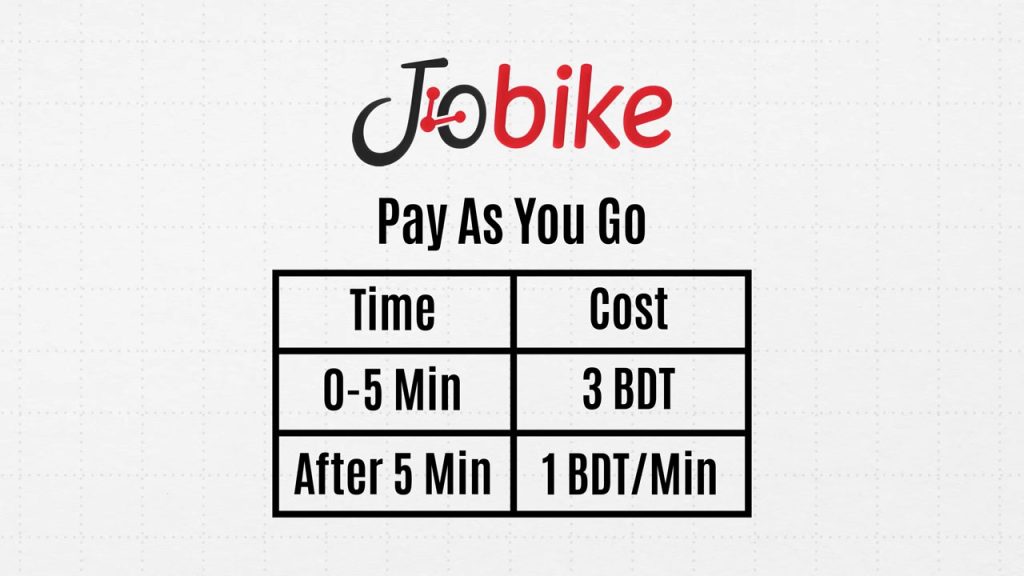
Additionally, most Bangladeshis reside within rickshaw distance of educational institutes. Conversely, Dhaka’s workforce lives 7-10 kilometers from workplaces – a short distance but requiring 1-2 hours by bus or car due to traffic congestion. However, 5-7 km is an optimal cycling distance for commuting. Unfortunately, Dhaka lacks proper cycling infrastructure and parking facilities. Although dedicated cycling lanes were developed on both sides of Dhaka’s busy Manik Mia Avenue, these are illegally utilized for car parking and food carts. Moreover, many residential and commercial buildings do not provide separate bicycle parking. Consequently, the inclination for cycling to work is low among Bangladeshis. Overseas, cities in the US and Europe have dedicated cycling lanes, and parking facilities in malls, residential and commercial establishments. Public transport also accommodates bicycle carriage. Hence, citizens are more prone to cycle commuting. Using bike or e-bike rental apps, users can identify a nearby cycle location and ride to their destination where they can park and walk to work – a convenient proposition. However, such convenience stems from proper cycling infrastructure in these cities, lacking in Bangladesh. The dearth of designated facilities disadvantages local cyclists, contributing to low cycling uptake, especially in cities. Bangladeshis find short trips via rickshaws, auto-rickshaws, ride-hailing services more comfortable than walking or cycling. Hence, even for urgent trips, Jobike users had to locate and return bicycles from designated stands, causing inconvenience. Fundamentally, Jobike could not provide similar ease to users due to the lack of cycling infrastructure in Bangladesh. Moreover, developing such infrastructure independently was challenging for Jobike – financially and in terms of scarce land availability even in Dhaka. Thereafter, creating parking spaces across malls, transit hubs would have required costly rented spaces, not feasible for Jobike.
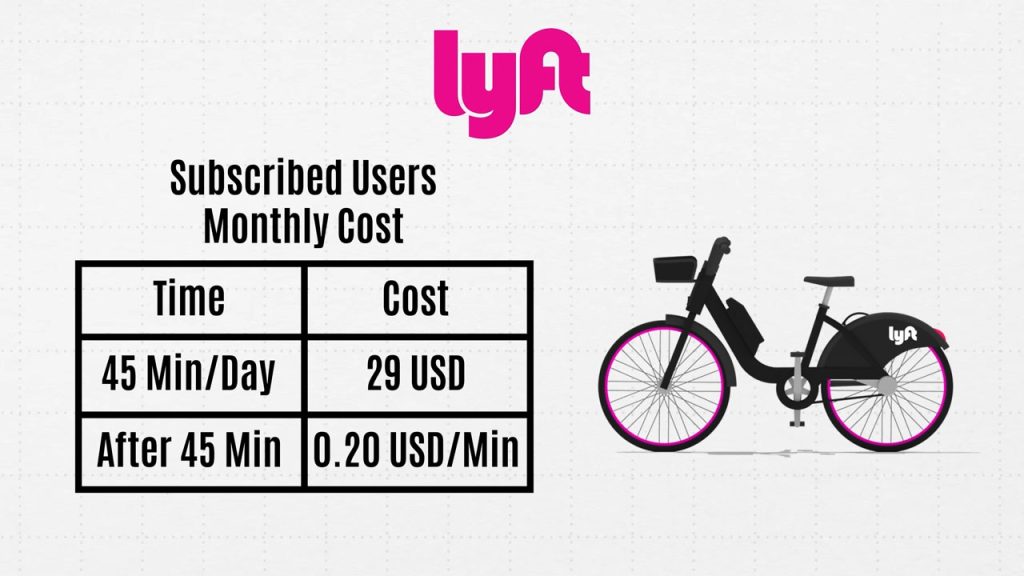
When the lockdown commenced in Bangladesh in March 2020, Jobike’s operations were also suspended. However, as e-commerce and quick commerce purchases surged, delivery services flourished. Identifying the expanding opportunity in the delivery sector, Jobike also initiated a delivery service utilizing its bicycles for home delivery of food, medicine, and e-commerce items. However, an influx of new players in the already saturated delivery market led to intense competition. Consequently, Jobike could not survive amidst larger competitors. Meanwhile, when university campuses reopened post-pandemic, the bicycles’ lockers and GPS systems were damaged and unusable after prolonged inactivity. Unfortunately, Jobike lacked capital to repair or replace them. At the time, company officials attempted to secure investor funding unsuccessfully.
Furthermore, unconstrained proliferation of bike sharing platforms was causing traffic congestion instead of alleviation in cities globally. Consequently, authorities instituted measures to regulate the unchecked expansion of these rental companies. As growth prospects declined, investors lost confidence in the profitability of such ventures, reducing investment. In fact, funding in bike and ride-sharing startups worldwide decreased in the post-pandemic period. Ultimately, these factors forced Jobike to cease operations. However, the company is striving to raise fresh capital and restart services. In that event, can Jobike replace the previous strategy with a new scalable approach and recommence operations?

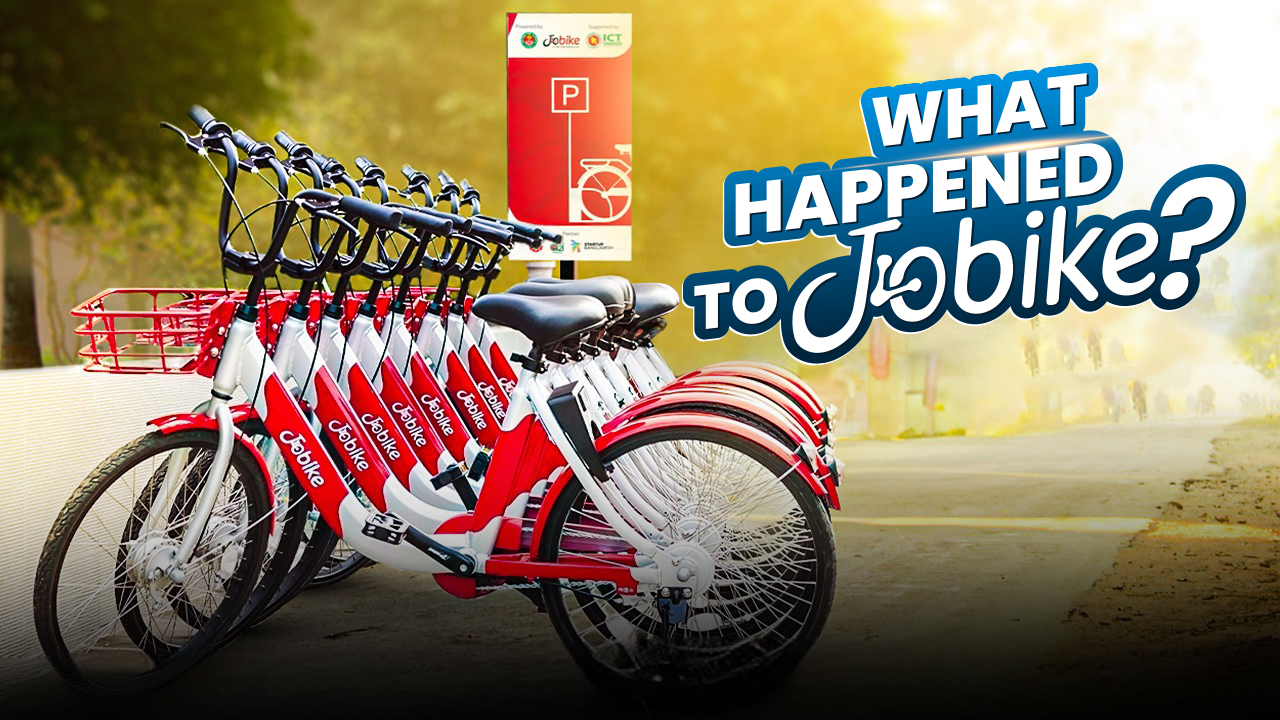








Leave a Comment